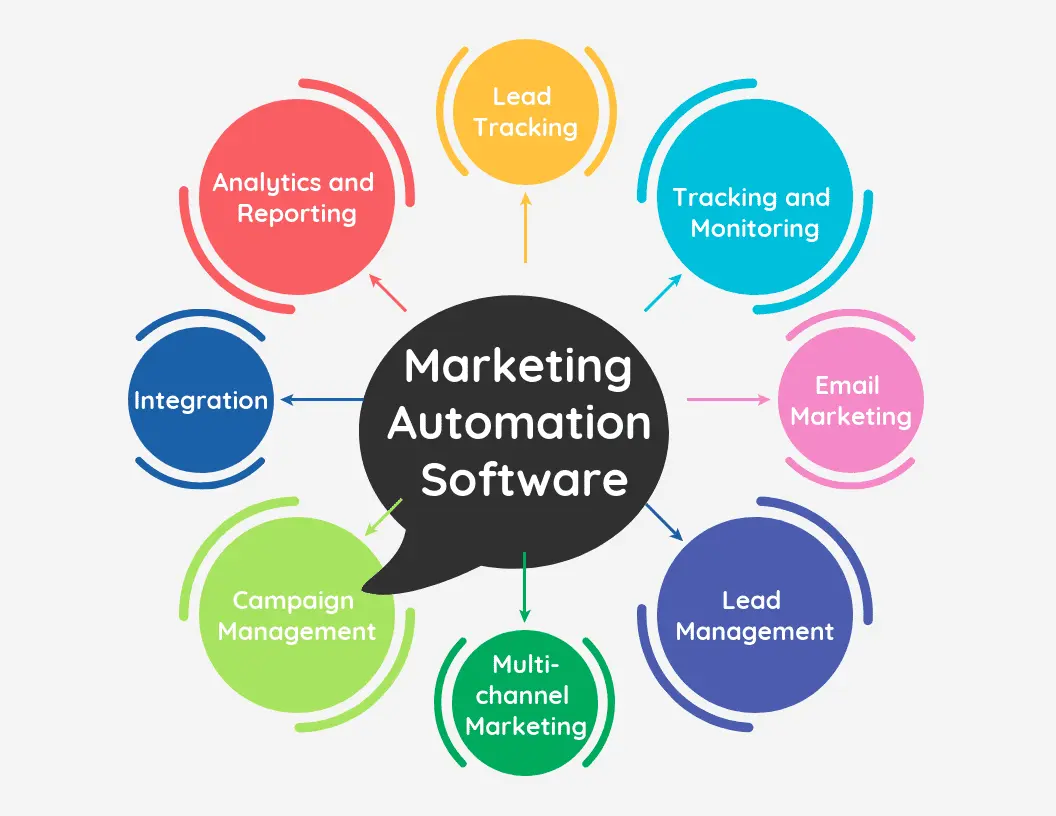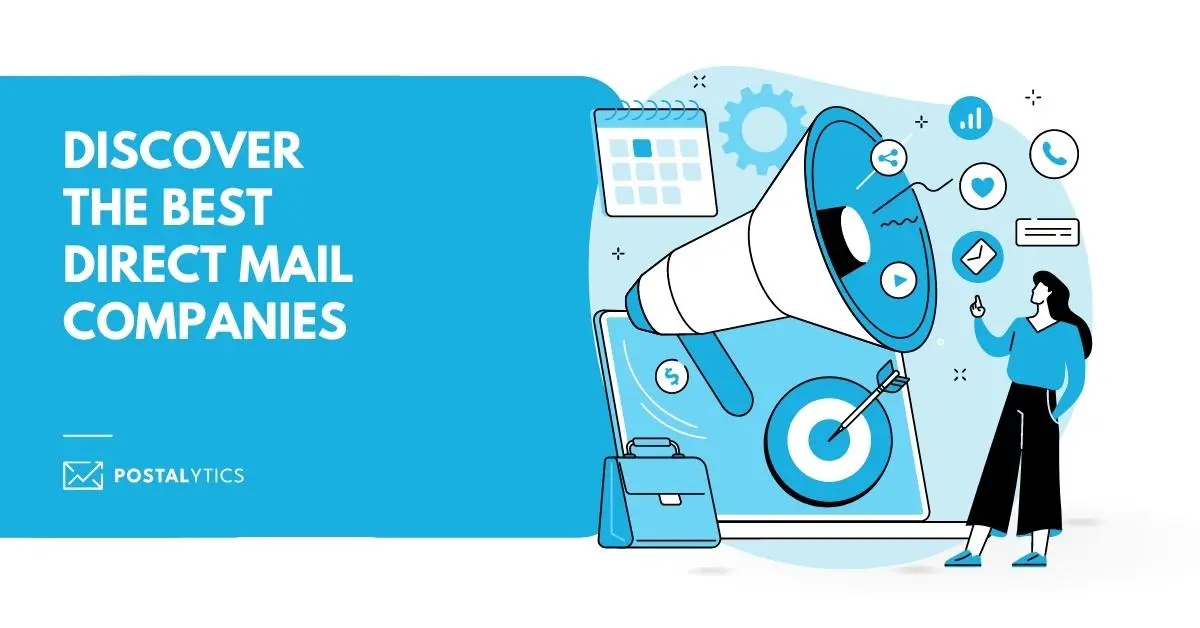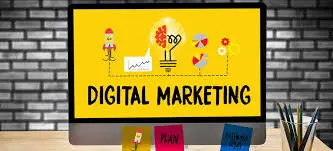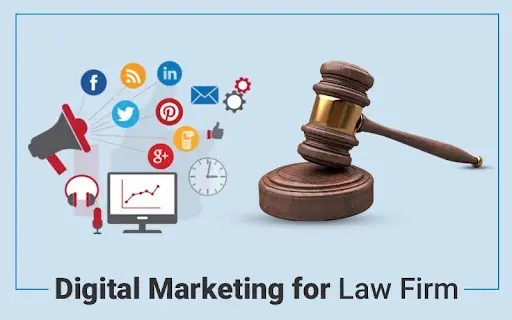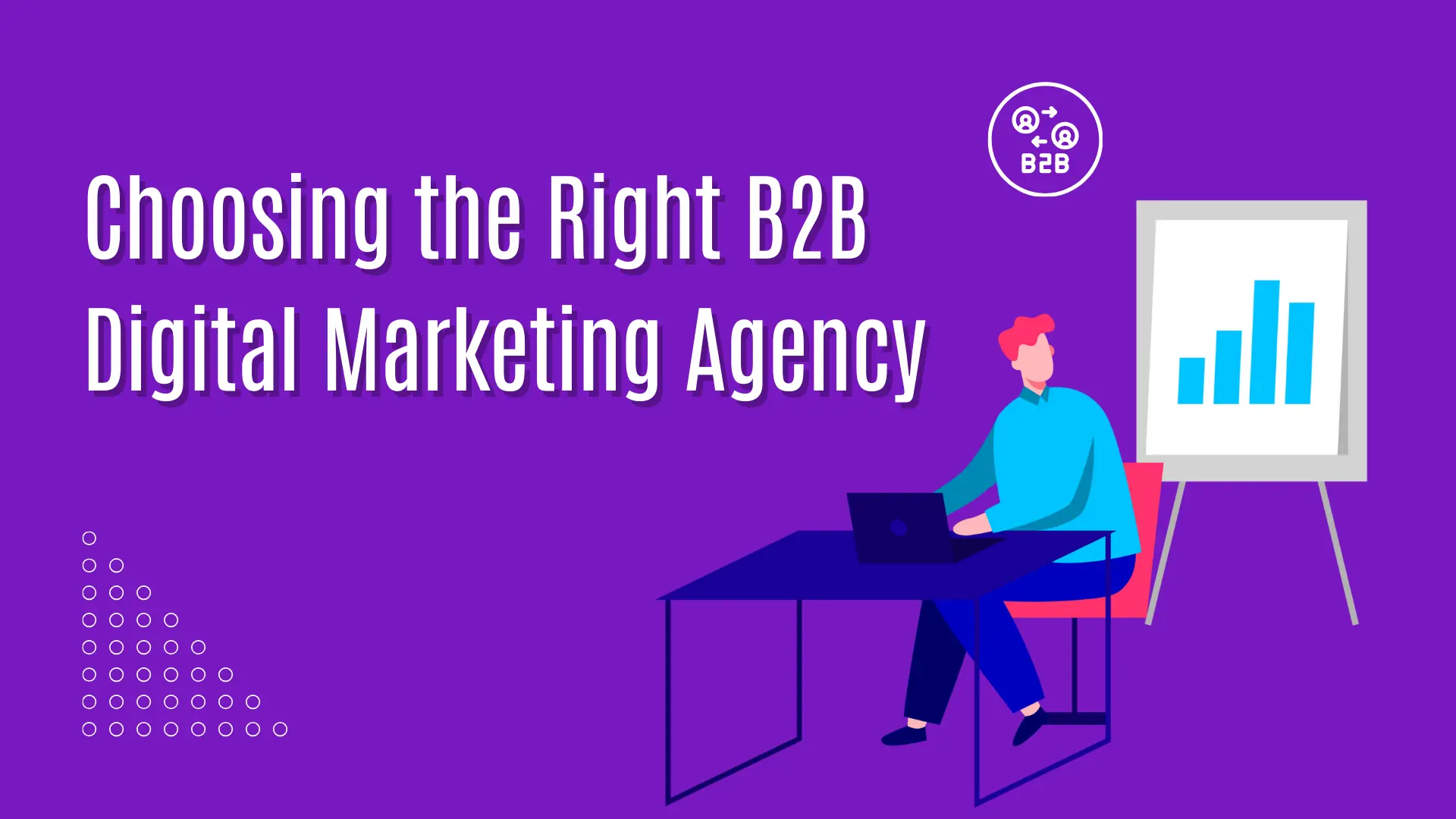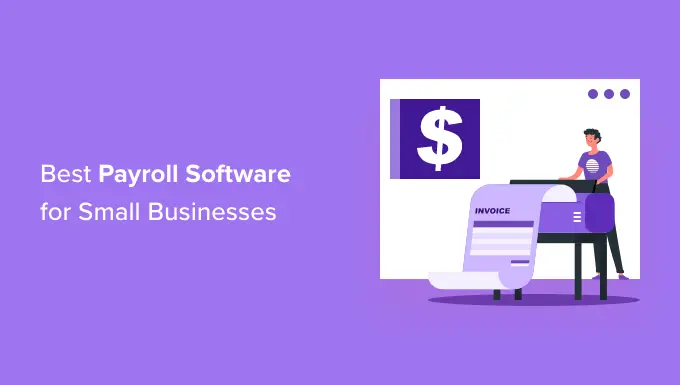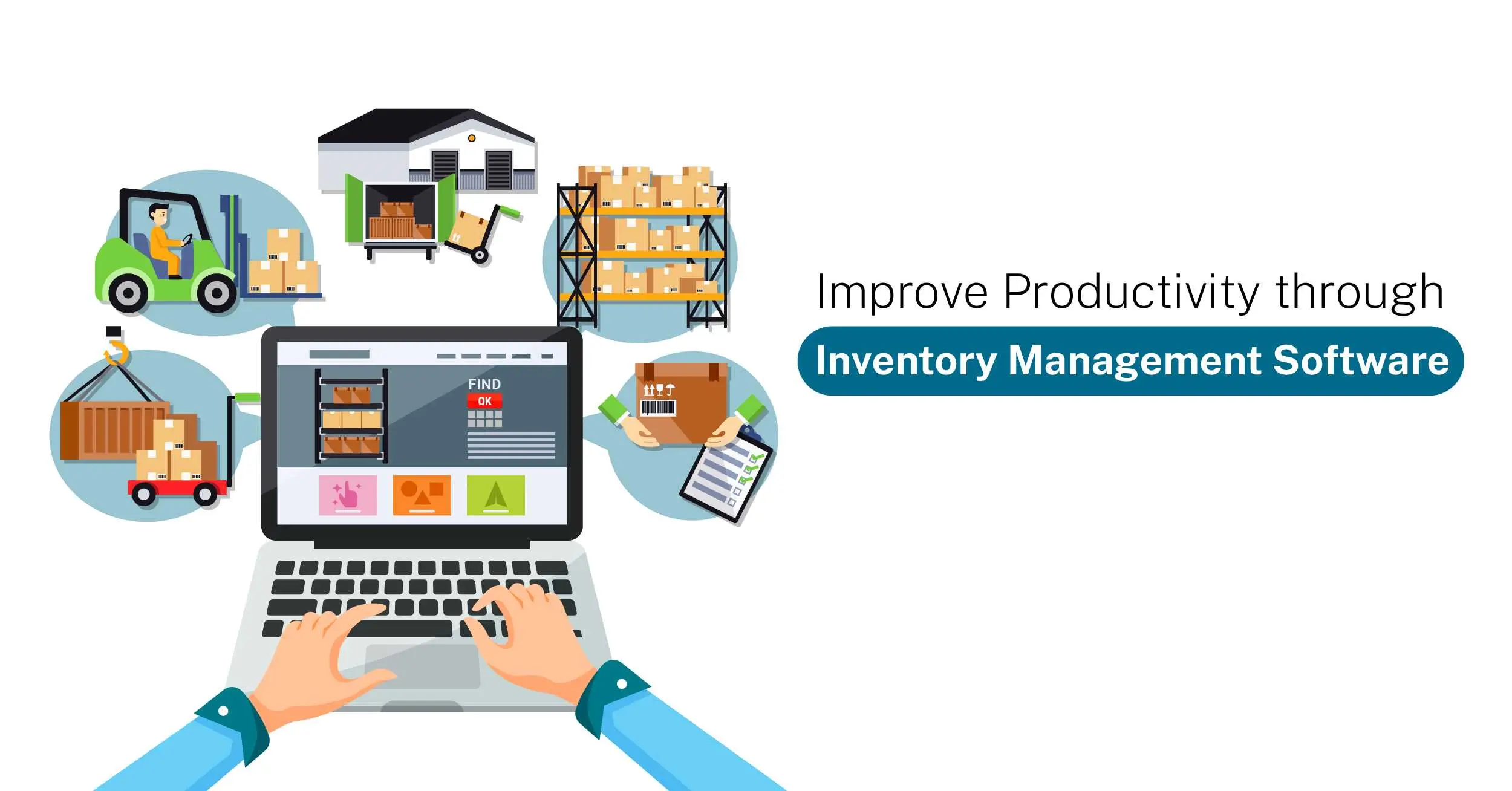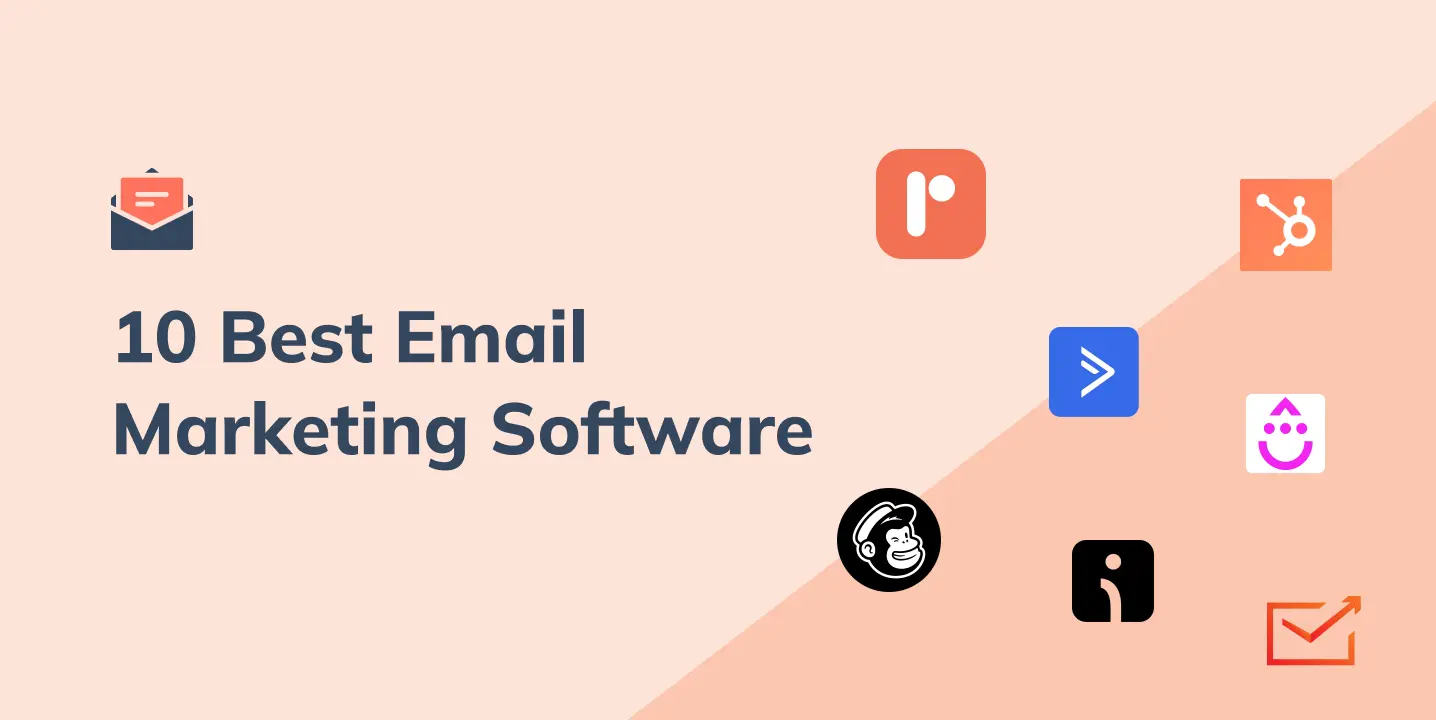
In the digital age, email marketing remains a cornerstone of effective business communication and customer engagement. With the evolution of technology and consumer behavior, choosing the right email marketing platform can significantly impact your business's outreach and conversion rates. Here’s a rundown of the top 10 best email marketing platforms and software for 2024, each offering unique features to cater to diverse marketing needs.
1. Mailchimp
Overview: Mailchimp continues to dominate the email marketing landscape with its user-friendly interface and robust feature set. Ideal for beginners and small businesses, it offers comprehensive tools for campaign creation, automation, and analytics.
Key Features:
- Drag-and-drop email builder
- Advanced segmentation and targeting
- AI-powered content suggestions
- Integration with various apps and services
Pros: Intuitive design, extensive templates, and strong analytics.
Cons: Higher-tier plans can be expensive for larger lists.
2. Constant Contact
Overview: Known for its excellent customer support and ease of use, Constant Contact is perfect for small to medium-sized businesses. It provides tools for email creation, social media integration, and e-commerce capabilities.
Key Features:
- Event marketing tools
- Social media sharing
- List management
- E-commerce integrations with Shopify and WooCommerce
Pros: Great customer support, user-friendly, and effective for event-driven campaigns.
Cons: Limited automation features compared to competitors.
3. Sendinblue
Overview: Sendinblue offers a comprehensive suite of marketing tools, including email marketing, SMS marketing, and chat. It’s a versatile platform for businesses of all sizes, providing advanced automation and robust analytics.
Key Features:
- Multi-channel marketing (email, SMS, chat)
- Marketing automation workflows
- Transactional email capabilities
- A/B testing and real-time reporting
Pros: Affordable pricing, multi-channel capabilities, and powerful automation tools.
Cons: Learning curve for advanced features.
4. GetResponse
Overview: GetResponse is a full-fledged marketing platform offering email marketing, landing pages, webinars, and CRM. It’s particularly useful for businesses looking for an all-in-one solution.
Key Features:
- Autofunnel for automated sales funnels
- Webinars and landing pages
- Advanced segmentation and personalization
- CRM integration
Pros: Comprehensive features, scalable for businesses of all sizes.
Cons: Interface can be overwhelming for new users.
5. ActiveCampaign
Overview: ActiveCampaign stands out with its powerful automation and CRM capabilities, making it a favorite for businesses looking to create sophisticated customer journeys.
Key Features:
- Advanced automation builder
- Integrated CRM
- Machine learning for predictive actions
- In-depth segmentation and targeting
Pros: Highly customizable automation, strong CRM features.
Cons: Steeper learning curve, pricing can be high for advanced features.
6. HubSpot
Overview: HubSpot offers a free email marketing tool as part of its comprehensive CRM and marketing platform. It’s ideal for businesses looking to integrate their email marketing with a robust CRM system.
Key Features:
- CRM integration
- Drag-and-drop email builder
- Advanced reporting
- Contact management
Pros: Seamless integration with HubSpot’s CRM, easy-to-use.
Cons: Limited features in the free plan, higher cost for premium features.
7. AWeber
Overview: AWeber is a long-standing player in the email marketing space, known for its reliability and user-friendly interface. It’s a great option for small businesses and entrepreneurs.
Key Features:
- Drag-and-drop editor
- Automation workflows
- A/B testing
- Extensive template library
Pros: Easy to use, reliable customer support.
Cons: Outdated interface, fewer advanced features.
8. MailerLite
Overview: MailerLite offers a clean and simple interface with all the essential tools needed for effective email marketing. It’s a cost-effective choice for small to medium-sized businesses.
Key Features:
- Drag-and-drop email builder
- Automation and segmentation
- Landing page builder
- Email campaign reports
Pros: Affordable pricing, user-friendly, great for beginners.
Cons: Limited integrations and advanced features.
9. Benchmark Email
Overview: Benchmark Email focuses on simplicity and effectiveness, offering a range of tools to create, send, and analyze email campaigns. It’s suitable for businesses of all sizes.
Key Features:
- Drag-and-drop editor
- Automation and segmentation
- Real-time reporting
- Responsive templates
Pros: Easy to use, good customer support.
Cons: Limited advanced features, pricing structure can be confusing.
10. Drip
Overview: Drip is tailored specifically for e-commerce businesses, providing powerful automation and CRM capabilities to drive sales and customer engagement.
Key Features:
- E-commerce CRM
- Advanced automation workflows
- Multi-channel marketing (email, SMS)
- Deep integrations with e-commerce platforms
Pros: Excellent for e-commerce, powerful automation.
Cons: Can be expensive, steep learning curve.
Conclusion
Choosing the right email marketing platform can significantly influence your marketing efforts and overall business growth. Consider your specific needs, budget, and technical expertise when selecting a platform. Whether you're a small business owner, an e-commerce giant, or a marketing professional, there's a tool on this list that can help you achieve your email marketing goals in 2024.

